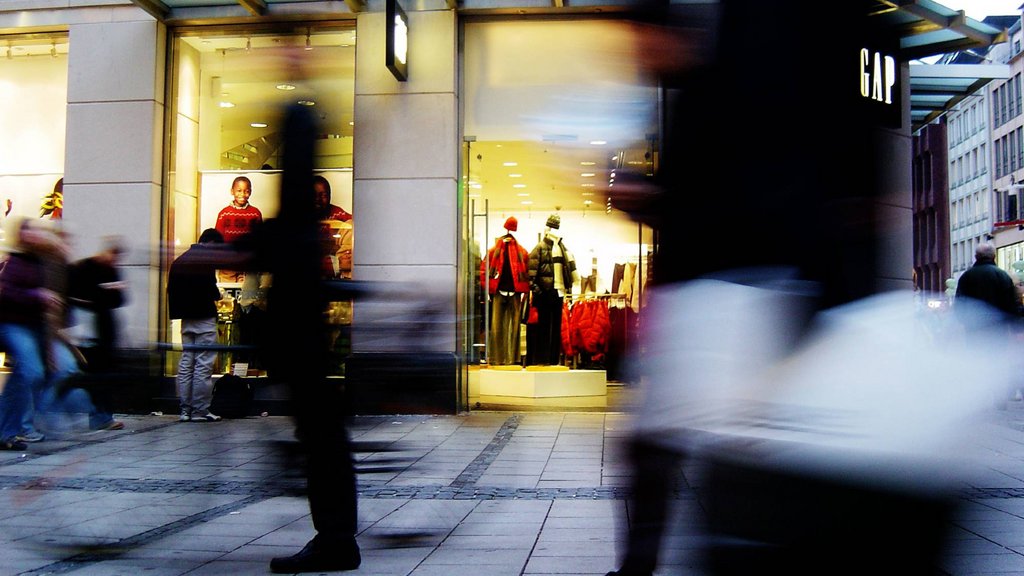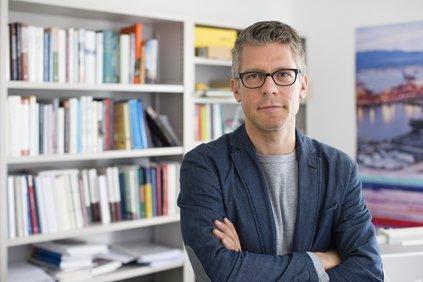Research - 03.01.2022 - 00:00
Hope barometer 2022: How will coronavirus affect our future?
In November 2021, about 5,500 people throughout Switzerland took part in the hope barometer sur-vey. The study drew attention to coping strategies, personal attitudes and hopes in connection with the coronavirus pandemic. Conclusion: At a time full of uncertainty and tension, a large portion of the Swiss population managed to find a constructive way of handling the crisis.

3 January 2022. As the new edition of the hope barometer showed, the hopes of the population remained at a medi-um level. Even if people's hopes outweighed their fears, general levels of hope declined slightly compared to the previous year. Constructive coping strategies, such as acceptance and positive re-evaluation of the situation remain, as before, predominant, but mutual support and social cohesion have declined. Significant differences are evident between men and women and between the vac-cinated and unvaccinated.
Overview of the survey results:
- Compared with 2020, people are just as satisfied with their lives, but much more dissatisfied with politics, social trends and the failure to overcome the COVID-19 pandemic. Economic development was evaluated as far more positive in 2021 and the stress load remained at a similarly medium-high level as in the previous year. Between 15 and 20 per cent of the population have suffered greatly under the current crisis, above all adolescents and single people.
- Despite a greater stress load, women are comparatively more satisfied with life than men. This is above all attributable to the use of more effective coping strategies, such as a more positive evalua-tion of their personal situation, a more effective self-efficacy and various sources of social support. Consequently, women have recognised their personal strengths better, developed more appreciation for life, strengthened their interpersonal relationships and exploited new opportunities in life.
- Many people in Switzerland managed to deal with the current challenges successfully. They were able to accept the difficulties and obstacles and positively integrate them. However, compared to 2020, a clear disillusionment and disappointment were evident, culminating in some cases in dis-couragement and depression. Social cohesion and mutual support have above all suffered under this, although most people regard these as an important source of hope.
- General hope in the future continues to be expressed at medium and high levels, but somewhat lower than in 2020. Women and older people are slightly, but significantly more hopeful than men and younger people. Most people hope - as in past years - above all for good health, a happy family, marriage or partnership, a harmonious life, self-determination, good interpersonal relationships and meaningful tasks in life. Both a secure job, as well as the wish to help other people, have declined in importance compared to the previous year. The most important sources of hope were experiences in nature, the support of family and friends, their own capabilities and mutual readiness to help.
- Due to the current crisis, many people experienced a slight to medium-level of personal growth in Switzerland. Thanks to the successful mastery of personal challenges, they managed to get to know their strengths better and develop a deeper appreciation for their life. Some people, above all women, were able to develop a stronger connection to other people and take up new opportunities.
- Personal attitudes towards COVID-19 vaccinations had a decisive influence on people's vaccination behaviour. The majority of vaccinated people believe in the effectiveness and benefit of vaccinations, feel more protected as a result, worry less about future side-effects and have a greater trust in the state. The unvaccinated were far more critical towards these topics and therefore much less satisfied with current social developments, but were very satisfied with life and possessed great self-confidence.
Conclusion of the report
To manage the current crisis and social tensions, social cohesion and trust in institutions have to be reinforced. Constructive coping strategies, such as open communication, mutual acceptance and emphasising joint goals could offer a good basis for this.
Keeping the opportunities in view
"Once the Spanish flu had been overcome 100 years ago, a modernisation impulse arose in architec-ture, art and music. Rethinking and social changes occurred. We likewise look forward to a positive transformation of this kind soon after the current pandemic has been overcome," says study director, Dr Andreas Krafft. The business administration graduate and hope researcher teaches at the Univer-sity of St.Gallen (HSG), where he is in charge of the international research network of the hope barometer. As co-president of swissfuture, the Swiss society for future research and member of the Board of Management of the Swiss Positive Psychology Association, he is devoted to supporting the strengths and enthusiasm of people to jointly create a meaningful, efficient and simultaneously sus-tainable society.
Most crises are associated with both an individual and collective lack of orientation, according to the 2021 hope barometer. These situations result in fear and worry, which can, however, be positively used. They make us aware that the situation requires new ways of thinking and behaviour. "Just like fear and worry, hope is also a social force embodying the conviction that our joint future can be bet-ter than the present if we devote ourselves to it," says Andreas Krafft. The hope researcher is convinced, "What keeps societies together are shared hopes for a better collective future. This kind of hope connects us to other people with whom we can develop a community of hope. Instead of just paying attention to our individual goals, we get involved in a larger community with higher social, ecological and economic goals and pursue these together. What is central is the interest in shaping the world positively to enable us to all live a better life; with a focus on how we as individuals learn and change and consequently also shape the world around us."
About the hope barometer
The hope barometer has been conducted as a large-scale Internet survey for the coming year, annual-ly, since 2009 with the support of the newspaper "20 Minuten". Beginning in Switzerland, the survey is conducted in cooperation with renowned universities in Australia, Columbia, the Czech Republic, France, India, Israel, Italy, Nigeria, Poland, Portugal, Spain and South Africa. The current results of the hope barometer of November 2021 in Switzerland are presented in this report. The public was asked about their experiences in the pandemic year 2021. The focus was on perceived stress, personal coping strategies, inner growth, personal hopes and sources of hope and attitudes towards COVID-19 vaccinations.
Photo: Christian Haeringer / photocase.de
More articles from the same category
This could also be of interest to you
Discover our special topics
















